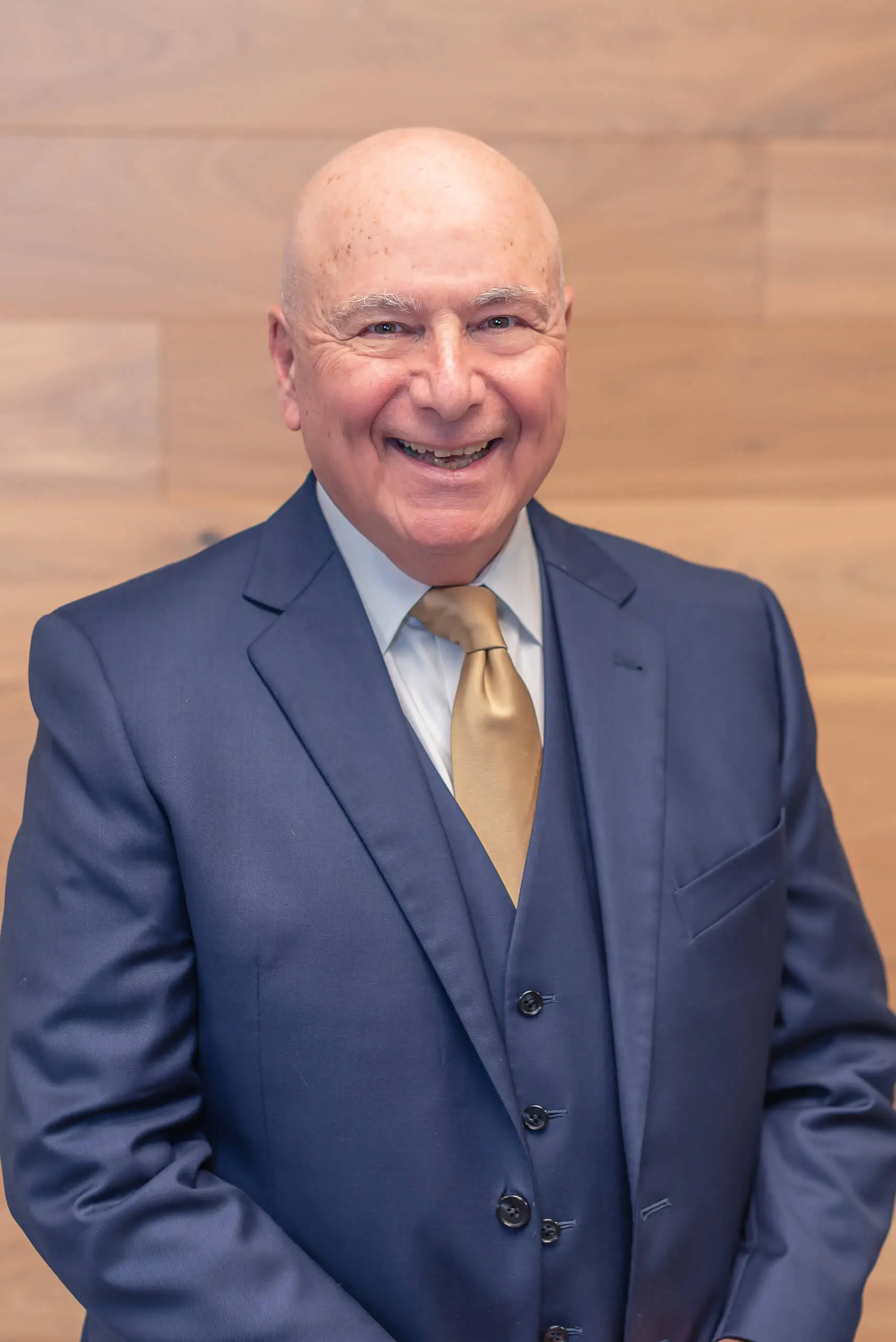Do you know what to do if a dangerous condition exists at your workplace? In addition to bringing the unsafe or unhealthy condition to your employer’s attention, the United States Department of Labor (USDOL) advises that under some circumstances, you have a legal right to refuse to work in an environment that could cause you harm.
After reporting the condition to your employer, you can file a report with OSHA at any time. However, if the working condition is immediately hazardous, OSHA may not have enough time to investigate. According to OSHA’s website, when presented with immediate hazards on the worksite, you can refuse to do a task at work if you meet all of these conditions:
- Where possible, you asked the employer to eliminate the danger, and the employer failed to do so; and
- You refused to work in “good faith,” – this means that you must genuinely believe that an imminent danger exists; and
- A reasonable person would agree that there is a real danger of death or serious injury; and
- There is not enough time, due to the urgency of the hazard, to get it corrected through regular enforcement channels, such as requesting an OSHA inspection.
OSHA further provides that if all of the above are present, you must do the following:
- Ask your employer to correct the hazard, or to assign other work;
- Tell your employer that you won’t perform the work unless and until the hazard is corrected; and
- Remain at the worksite until ordered to leave by your employer.
If you abide by the above, your employer cannot retaliate against you for refusing to work. Is there a dangerous condition where you work? We are here to help. Contact our office today.
Koonz McKenney Johnson & DePaolis LLP
Maryland, Washington, D.C. and Virginia Injury Attorneys
Approved by attorney Justin Beall

